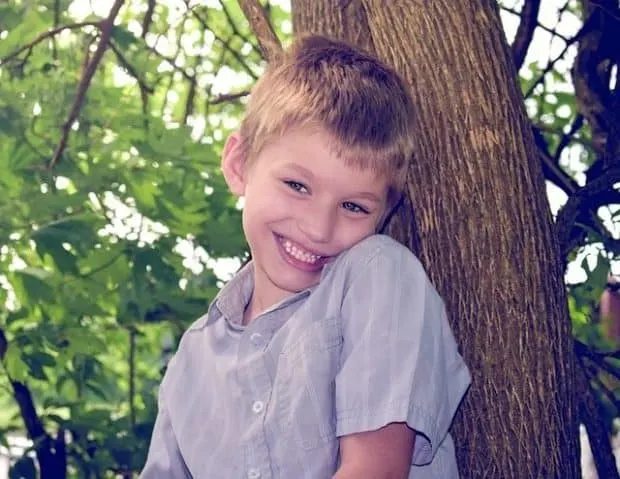
Making friends can be difficult for anybody but it’s especially tough for children when Autism Spectrum Disorder (ASD).
One of the common clusters of signs and symptoms in autistic children centers around their social abilities. Children on the autistic spectrum often have difficulty interacting with others.
Autistic children can struggle to communicate effectively and express their thoughts and feelings. They can also struggle to interpret other people’s words, facial expressions, and body language.
Because of these social and communicative difficulties, they can find it difficult to make new friends at school. Sadly, most school-aged kids can’t understand autism. As a result, children with the condition are often left out and have very few friends.
One of the best ways to encourage children with ASD to make new friends is by supporting them in every way possible. Parents and carers can find ways to instill confidence in their children so that they feel more comfortable in social settings.
Many parents find an autism center to gain support from professionals and interact with other parents of autistic children. Autism centers can provide great learning tools and teach parents helpful techniques to enhance their children’s development in all areas of life.
Common Signs of Social and Communication Difficulties
Autistic children may display the following signs in social settings:
- Preferring to play alone
- Being uninterested in other children
- Refusing to share their toys with other children
- Avoiding eye contact
- Being withdrawn
- Performing repetitive behavior
- Repeating the same words and phrases over and over again
Helping Autistic Children to Make Friends
Learning the key signs and symptoms of autism can help parents and carers to understand when their child might need more support. Encouraging autistic children to interact with others from a young age can lay the foundations for a happy and healthy social life.
Looking for social groups and community activities that a child can join can open up the door to lots of opportunities for socialization for individuals with ASD. The more a child with autism practices their communication skills, the more confident they will become in social settings.
A great way for parents to support their children after an autism diagnosis is by encouraging sensory play. Sensory toys are known to promote enhanced development in multiple areas.
Physical, cognitive, and emotional development can often be delayed in autistic children. Sensory toys are a great way to speed up the development of these areas so that children reach developmental milestones at the ‘normal’ times in their lives.
Sensory play is also one of the best ways to promote social development in children who are on the autistic spectrum. It encourages them to share their toys with others and learn to interact through explorative play.
Playing with different sensory toys in a group setting forces children to communicate with each other and interact in new ways. It also helps autistic children to feel like a valued part of the group and gives them a sense of belonging.
- Sagittarius Man & Gemini Woman Love and Sex Compatibility - January 31, 2024
- Taurus Ascendant Rising Personality Traits in Men (Guide) - January 31, 2024
- How to Seduce and Attract a Sagittarius Man (Seduction Tips) - January 31, 2024
